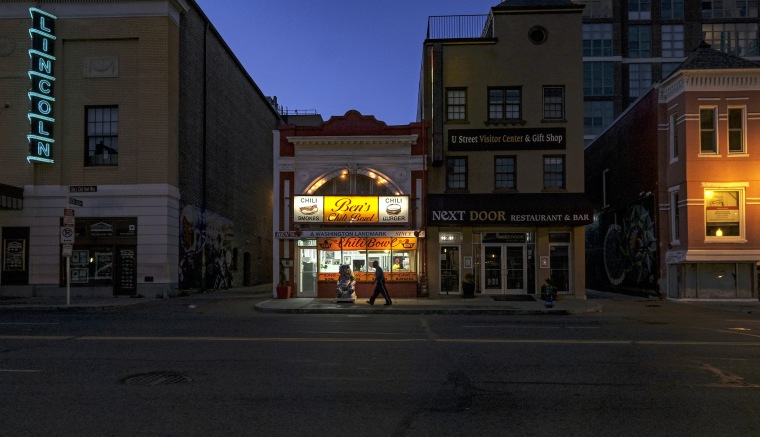Black-owned businesses fear federal relief may not be enough
When Kim Harris and her partners opened the craft beer bar and pub Harlem Hops in New York in 2018, it was a long-fermenting vision brought to life after years of raising capital, sourcing products and executing a savvy business plan.
But then COVID-19 happened.
The pandemic is disproportionately affecting African American and communities of color in terms of infection and mortality rates, and that is throwing Harris and many other black business owners into an economic crisis that threatens to eliminate all of their hard-won gains.
“It’s like I stood in line for, like, mad hours to get into this party and now I’m in it, and you’re telling me the cops are shutting it down,” Harris said. “It’s like they yelled, ‘Last call!’”
Harris and her partners, all graduates of a historically black college or university, applied for funding in the Coronavirus Aid Relief and Economic Security (CARES) Act, the $2.1 trillion bill that among other things is designed to prop up small businesses and save jobs.
“We applied for everything,” Harris told NBC News, referring to the Payroll Protection Program and Small Business Administration loans. “And were denied for everything.”
As another round of federal funding, $484 billion, is set to come on line, some experts and small-business owners, are alarmed it may already be too late.
On a recent New York Urban League conference call, J. Philip Thompson, the deputy mayor for strategic policy initiatives, said, “Most small businesses and especially black-owned businesses have, in a good economy, no more than two weeks of liquidity that they can rely on to keep them afloat.”
“That is absolutely correct,” said Nikoa Evans-Hendricks, executive director of Harlem Park to Park, a business and cultural consortium of over 250 small business owners, adding that many black entrepreneurs often start out undercapitalized.
“Let’s say they do re-fund the stimulus package. You look at the way it’s structured now, which is a real issue for certain types of businesses, like restaurants, retail, etc. — the loan forgiveness is really tied to how you pay your staff, right?” she added.
“If you use the money for your payroll, the loan is forgiven. What if a business has one employee or no employees? Which a lot of small businesses operating at capacity, black-owned businesses, they don’t have employees, so then you can’t get the loan forgiven so now you go into debt,” Evans-Hendricks said. ‟It’s a mounting financial hole, which at some point you can’t dig yourself out of.”
There is also rising anxiety that the new funding, even though some of it is earmarked for women and minority-owned businesses, will not reach African American-owned businesses, 95 percent of which are sole proprietorships or partnerships that have no employees.
Originally Published on MSNBC

